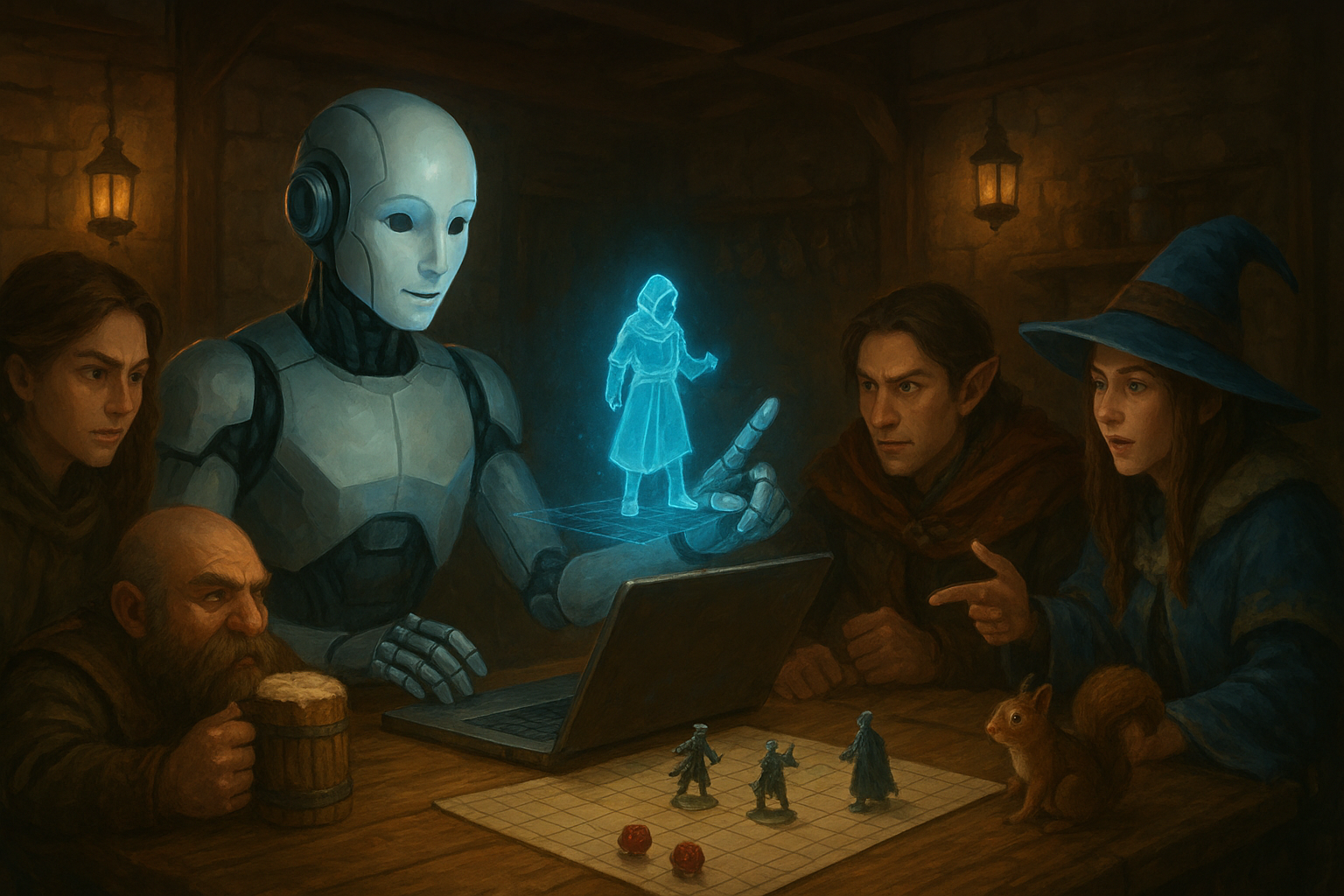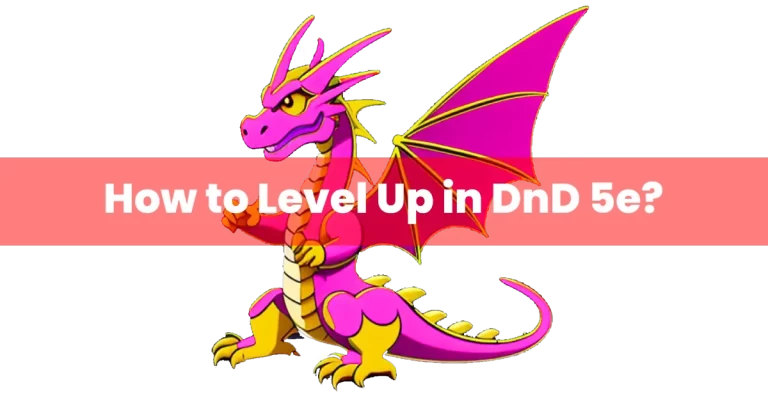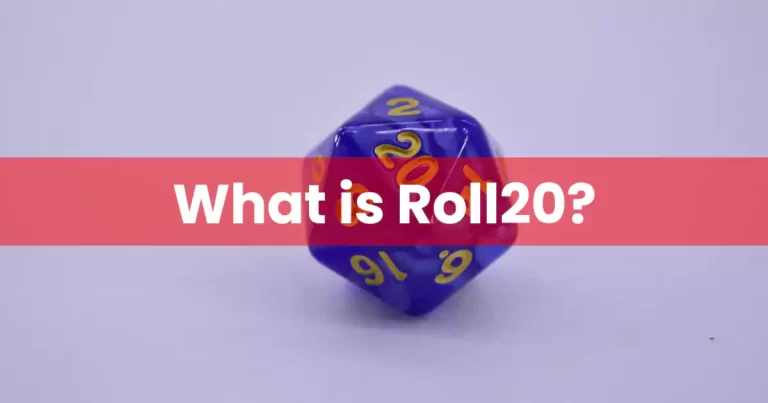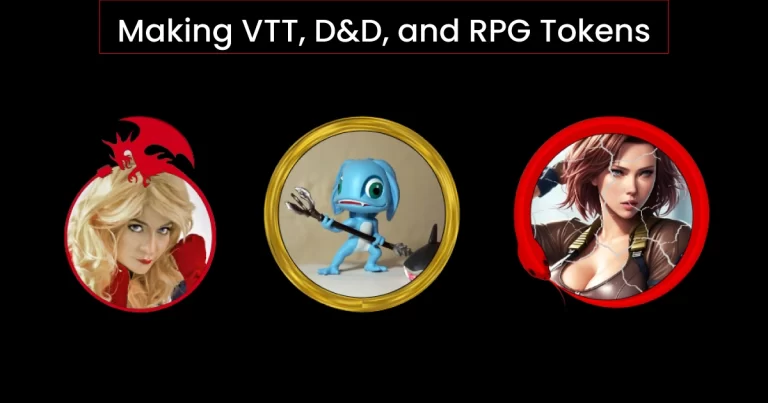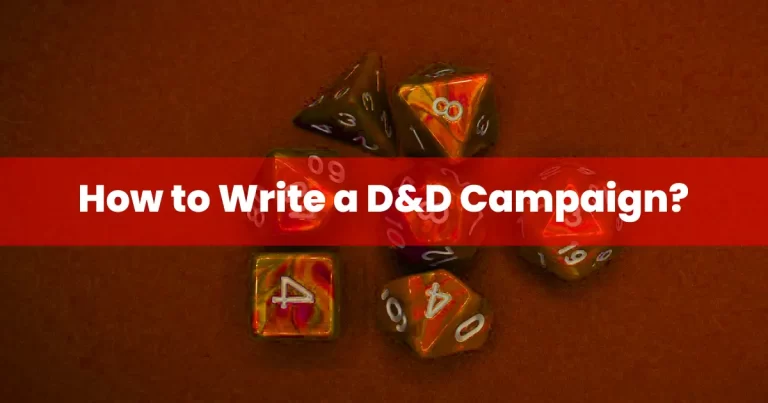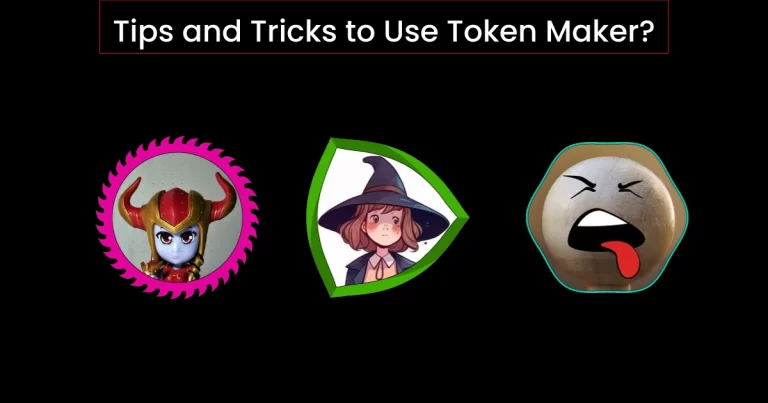AI Dungeon Masters: Revolutionizing D&D Storytelling or Losing the Magic?
A New Kind of DM Enters the Tavern
Picture this: your party is deep in a haunted forest, the rogue just triggered a cursed trap, and the wizard is arguing with a talking squirrel. The DM pauses, types a few words into an AI tool, and boom—a new NPC appears, complete with a tragic backstory and a vendetta against squirrels. Welcome to the future of Dungeons & Dragons, where AI Dungeon Masters are stepping in to assist, enhance, and sometimes even challenge the traditional role of storytelling at the table.
Artificial Intelligence is creeping into every corner of our lives from writing emails to generating art and now it’s rolling initiative in our beloved tabletop games. But as AI tools become more sophisticated, the D&D community is asking: are these digital assistants enhancing our storytelling, or are they threatening the very soul of the game? Let’s dive into the debate, explore how AI is being used in campaigns, and ask the big question: can a machine ever truly understand the magic of collaborative storytelling?
The Rise of AI in Tabletop Gaming
Over the past few years, AI tools have exploded in popularity among Dungeon Masters and players alike. Whether you’re prepping for a session or improvising mid-game, these tools can be incredibly helpful. Here’s what they’re doing:
- NPC Generation: Need a tavern keeper with a secret past? AI can whip up a character complete with personality traits, motivations, and dialogue.
- Quest Ideas: Stuck on what comes next? AI can suggest plot twists, side quests, or entire campaign arcs.
- World-Building: From city layouts to political intrigue, AI can help flesh out your
world in minutes. - Map Creation: Tools like Dungeon Alchemist and Inkarnate are integrating AI to help build immersive environments faster.
- Dialogue Assistance: Some DMs use AI to help write or improvise character speech, especially for complex NPCs.
For time-strapped DMs, these tools are a lifesaver. They reduce prep time, offer fresh ideas, and help keep the game moving. But not everyone is convinced this is a good thing.
The Human Element: Why D&D Isn’t Just About Efficiency?
D&D isn’t just a game it’s a shared experience. It’s the awkward silences, the unexpected jokes, the emotional moments when a character sacrifices themselves for the party. It’s the chaos that happens when five people try to solve a puzzle and end up burning down the
dungeon instead.
AI can generate content, sure. But can it replicate the nuance of human storytelling? Can it feel the tension in the room when a player rolls a natural 1 during a critical moment? Many longtime players and DMs argue that the best parts of D&D are the ones that emerge
organically. A DM reacting to a player’s wild idea with a twist they hadn’t planned.
A character’s backstory evolving based on in-game choices. These moments are hard to script and even harder to generate. There’s also the risk of sameness. AI-generated content, while impressive, can sometimes feel formulaic. You might get a villain with a tragic past, but it’s the same tragic past you’ve seen in three other campaigns. Without human intuition and emotional depth, the story
can lose its spark.
AI as a Co-DM: Enhancing, Not Replacing
Here’s the thing: AI doesn’t have to be the enemy. In fact, when used thoughtfully, it can be a powerful ally. Think of it like a magical artifact useful, but only in the right hands. Many DMs are finding ways to integrate AI without losing the heart of the game. Here’s how:
- Brainstorming Partner: Use AI to generate ideas, then tweak them to fit your world and players.
- Quick Fixes: Need a name for a goblin warlord on the fly? AI’s got you covered.
- Lore Expansion: AI can help flesh out regions, cultures, and histories that you don’t
have time to build from scratch. - Session Prep: Automate the boring stuff (stat blocks, encounter tables) so you can focus on storytelling.
The key is balance. AI should support your creativity, not replace it. The best campaigns still come from the minds of passionate DMs who know their players and understand the emotional beats of a good story.
Real Stories from the Table
Let’s hear from the community. On Reddit, Discord, and YouTube, players are sharing their experiences with AI-assisted campaigns. Some love it. Others are skeptical. But everyone’s talking. One DM wrote: “I used AI to build a city’s political structure. It gave me a great foundation,
but the real drama came when my players started manipulating the factions. That part was all me and it was glorious.”
Another player shared: “Our DM used AI to generate NPCs, and it was cool at first. But after a while, they all felt kind of… the same. We missed the weird quirks our DM used to come up with.”
These stories highlight the potential and the pitfalls. AI can be a tool, but it’s not a substitute for human creativity.
Ethical Questions and the Future of Play
As AI becomes more integrated into gaming, we also have to ask some tough questions:
- Who owns AI-generated content? If an AI creates a campaign setting, is it yours to publish?
- Are we losing the art of improvisation? Will new DMs rely too heavily on tools instead of learning to think on their feet?
- What happens to the social aspect of D&D? If AI starts running games, do we lose the human connection?
These aren’t just philosophical questions they’re practical ones. As the tools evolve, so will the way we play. It’s up to us to shape that future thoughtfully.
Final Thoughts: Keep the Dice, Add the Data
AI is here to stay. And in many ways, that’s exciting. It opens up new possibilities for storytelling, accessibility, and creativity. It can help new DMs get started and give veterans fresh inspiration. But D&D is more than just content it’s connection. It’s the laughter around the table, the
shared triumphs and failures, the stories that stick with us long after the campaign ends.
AI can support that, but it can’t replace it. So go ahead use the tools. Build your world. Generate your NPCs. But don’t forget to listen,
improvise, and let the story breathe. Because at the end of the day, the real magic isn’t in the code. It’s in the people.
If you’re looking to level up your campaign prep with tools that actually spark creativity, I’ve found Gamers Guild to be a solid resource. From dice to lore packs, it’s got the kind of gear that makes your world feel lived-in not just generated.

